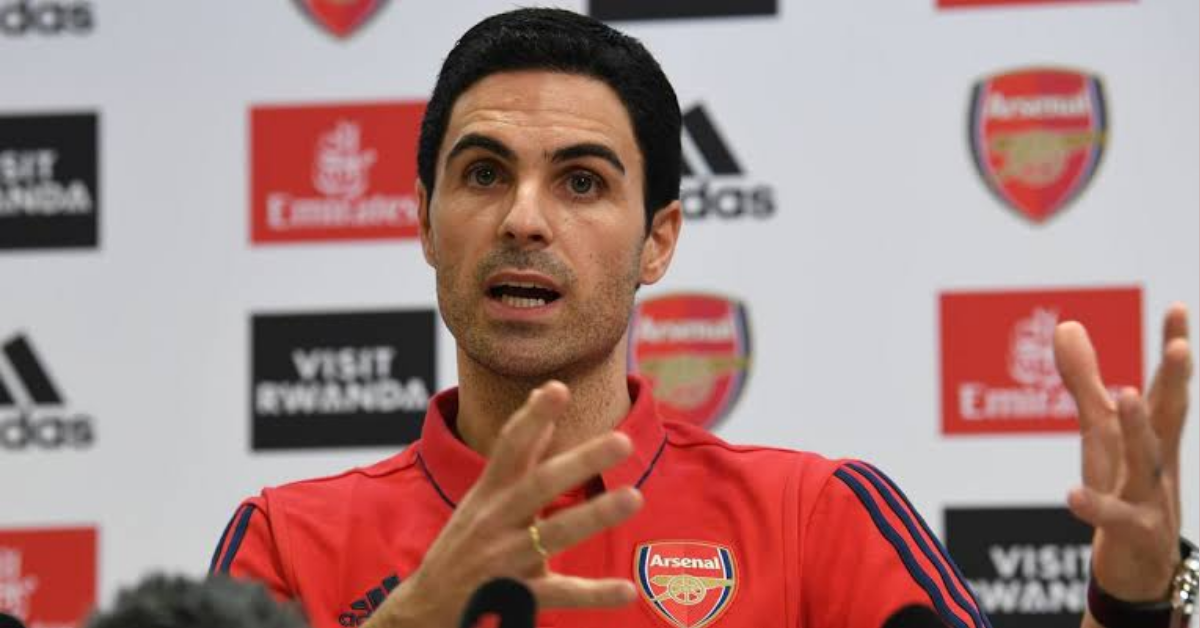Man City Sails Smoothly as Rivals Scramble Before June 30 Transfer Deadline
As the Premier League buzzes with frantic transfer activity ahead of the unofficial June 30 deadline, Manchester City remains unfazed by the chaos engulfing other clubs.
Clubs nearing the limits of the Premier League’s Profit and Sustainability rules (PSR) are in a race against time to balance their books. With the start of a new Premier League accounting year on July 1, teams like Aston Villa, Chelsea, Newcastle United, and Everton are hustling to finalize transfers and avoid surpassing the allowable loss limit, which could lead to severe penalties, including points deductions.
For Manchester City, this rush is a non-issue. The Blues boast the highest revenue in the Premier League and consistently generate significant income through player sales, keeping their net spend low. Their success on the field and in their academy creates a sustainable business model, ensuring they remain comfortably within PSR guidelines.
This self-sustaining cycle means City isn’t pressured by the June 30 deadline that looms over other clubs. While they aim to complete their transfer deals promptly, there’s no urgency driven by financial concerns. This financial stability allows City to avoid the last-minute scrambles that characterize their rivals’ transfer activities.
Barring any unforeseen financial disaster, Manchester City’s compliance with PSR is virtually guaranteed. This stability is a testament to their sound business practices. Unlike other clubs, City can afford to watch the financial maneuvering from the sidelines.
Under PSR, clubs are allowed a maximum loss of £105 million over a three-year period, with deductions permitted for investments in infrastructure, women’s football, academy development, and community projects. This regulation, introduced in 2012, has not been adjusted for inflation, even though the financial landscape of the Premier League has drastically changed. Consequently, clubs like Everton, Nottingham Forest, and Leicester City have faced points deductions for breaching PSR in recent years.
As the June 30 deadline approaches, many clubs are scrambling to generate profit through player trading to avoid PSR sanctions. The Premier League’s exponential growth has led to increased costs, including higher wages and transfer fees. However, the unchanged £105 million loss limit from 2012 is equivalent to £146.4 million in 2024, highlighting the outdated nature of the regulation in today’s economic context.
This discrepancy has forced clubs such as Newcastle United, Chelsea, Aston Villa, and Everton to engage in last-minute trading of academy players to balance their books. While these financial gymnastics might help them avoid immediate sanctions, Manchester City’s robust financial health and strategic planning keep them comfortably above the fray.



